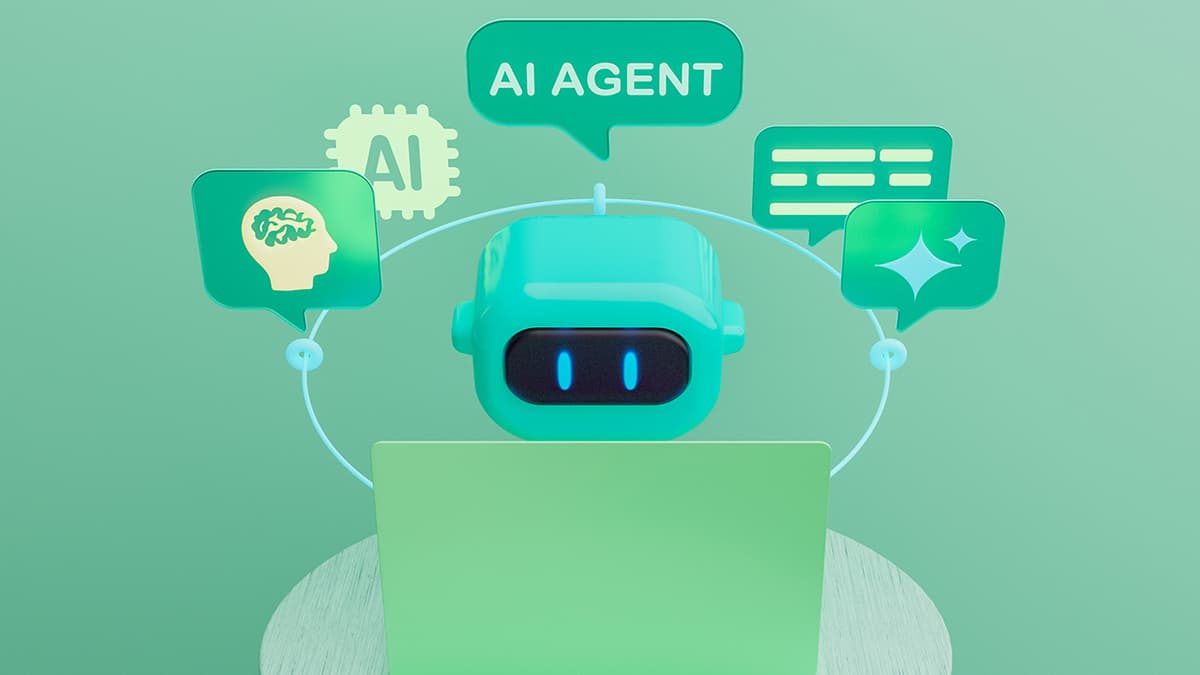Can You Catch a Disease from Touching or Holding a Baby Raccoon?
Who can resist the charm of a cute and fluffy baby raccoon? With their tiny paws and curious eyes, they can steal anyone's heart. Before you decide to embrace these furry little rascals, it's important to consider the potential risks associated with getting too close. Can you catch any diseases from touching or holding a baby raccoon? Let's find out!
Understanding the Risks
Raccoons, like many wild animals, can carry certain diseases that may be transmitted to humans. One major concern is raccoon roundworm, a parasite found in their feces. If you accidentally come into contact with infected feces and do not practice proper hand hygiene, you could become infected. It’s crucial to avoid any direct contact with raccoon waste.
Another potential issue is rabies. Although rare in raccoons, it is important to be cautious. Rabies can be transmitted through bites or scratches from infected animals. If you suspect a baby raccoon might be infected, it's best to contact local animal control for guidance.
Staying Safe
To enjoy the company of baby raccoons while minimizing risks, take these simple precautions:
- Avoid direct contact with baby raccoons, especially if you're unsure of their health status.
- Wear gloves if you need to handle a baby raccoon or its habitat, reducing the risk of direct contact.
- Practice proper hygiene by washing your hands thoroughly with soap and water after any potential exposure.
- Keep vaccinations up to date, especially for tetanus and rabies as a precaution.
Following these guidelines allows you to appreciate baby raccoons while safeguarding your health.
| Remember | |
|---|---|
| 🧤 | Wear gloves |
| 🚿 | Wash hands |
| 🚷 | Avoid contact |
Encountering baby raccoons can be delightful, but it's vital to prioritize safety. Stay cautious and follow these suggestions to enjoy the wonders of wildlife responsibly.












